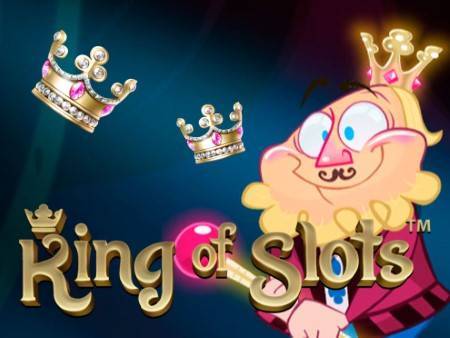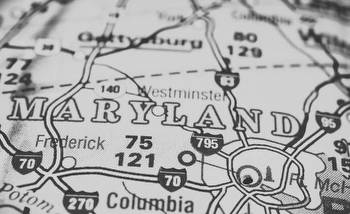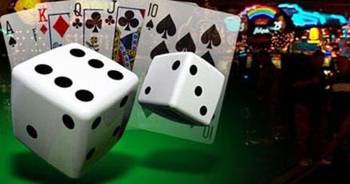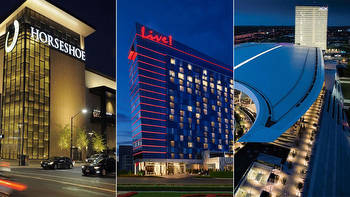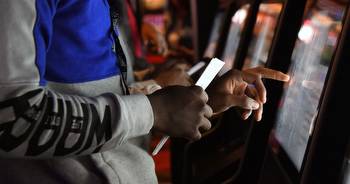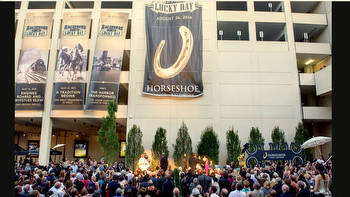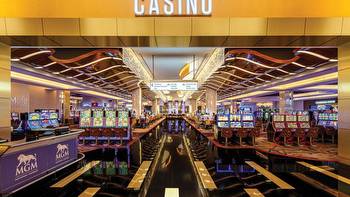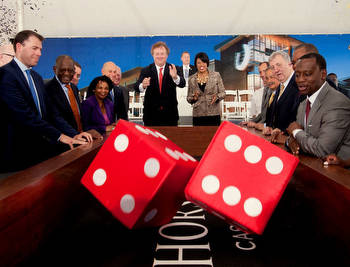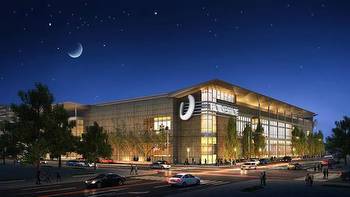Casino revenues in Maryland soar

Maryland casinos set a record in gambling revenues last month despite another poor showing at Baltimore’s Horseshoe Casino, according to data released today by the State Lottery and Gaming Control Agency.
While the state’s six casinos overall boasted $172.4 million in revenues – or $3.2 million more than the previous single-month high – Horseshoe’s monthly receipts actually dropped $1 million from levels in 2019.
(NOTE: All casinos were closed last May due to the Covid pandemic, so May 2019 figures were used for comparative purposes by the lottery agency.)
And despite the lifting of capacity restrictions at Horseshoe on May 17, 2021, revenues were lower at the Russell Street casino last month than in April.
Compared to the hoopla seven years ago when city officials declared the casino an economic “game changer” for Baltimore, Horseshoe has been a financial disappointment from the start, as this 2014 Brew story disclosed.
Falling Behind
In the post-Covid gambling world, Horseshoe is falling further behind.
Last month, its closest competitor, Live! Casino and Hotel, recorded a 14.8% increase in revenues from 2019.
The Anne Arundel Mills facility now brings in more than $60 million a month, or triple that of Horseshoe.
Both facilities operate slot machines and table games around the clock seven days a week. Back in 2014, the Rawlings-Blake administration predicted that Horseshoe would quickly surpass Live, then called Maryland Live, in popularity.
MGM National Harbor in Prince George’s County also reported a banner month, with $68 million in revenues in May, an increase of 15.7% from May 2019.
In 2014, the Rawlings-Blake administration predicted that Horseshoe would quickly surpass Maryland Live in popularity.
Horseshoe’s competitive difficulties were described by Moody’s Investor Services in a recent analysis.
As a “small, single property , geographically concentrated” business, Moody’s said, Horseshoe is hobbled by insufficient scale at the same time consumer preferences are moving away from “traditional casino-style gaming” to venues with more integrated entertainment and resort amenities.
The casino is operated and majority owned by Caesars Entertainment, with a large stake held by Quicken Loans co-founder Dan Gilbert.
Minority investors include Caves Valley Partners, Pimlico and Laurel Park racetrack owner Stronach Group, and Baltimore investor Theo C. Rogers.







